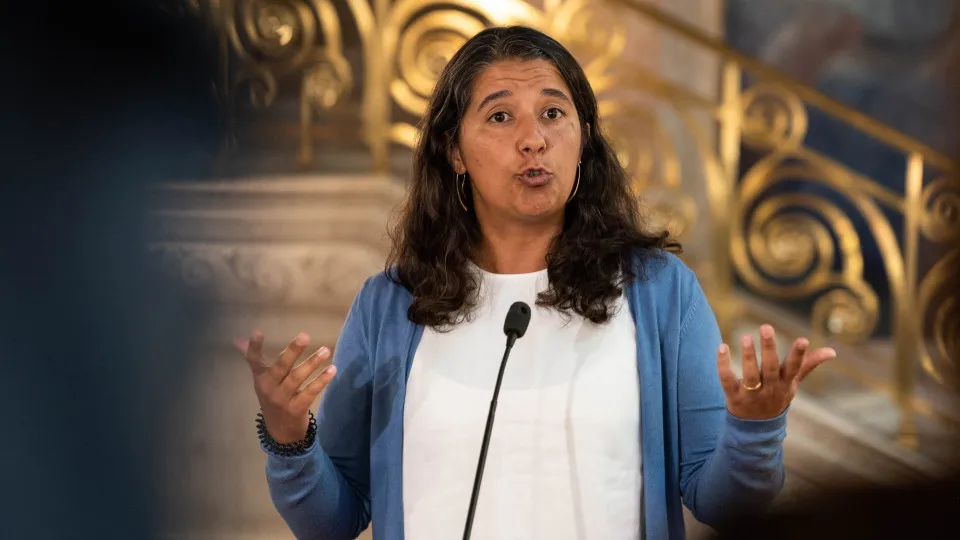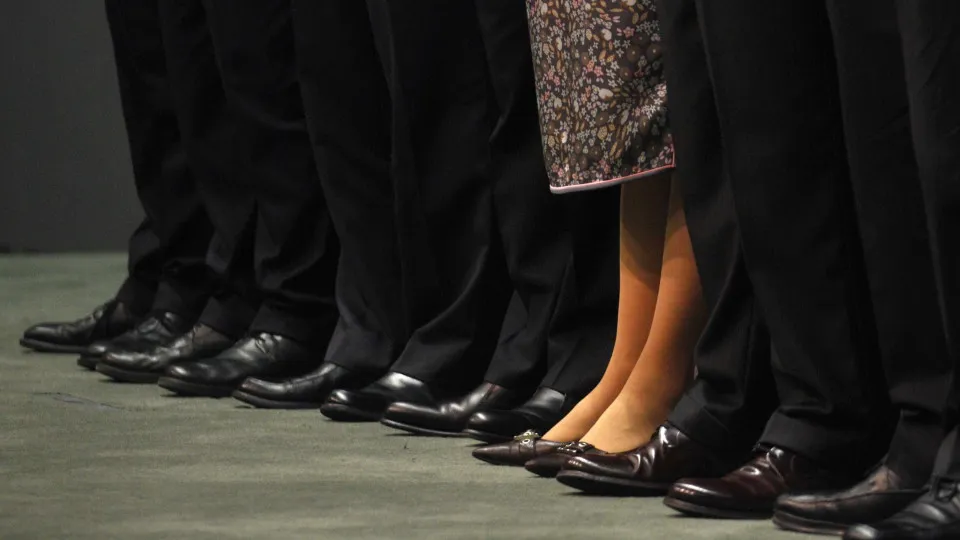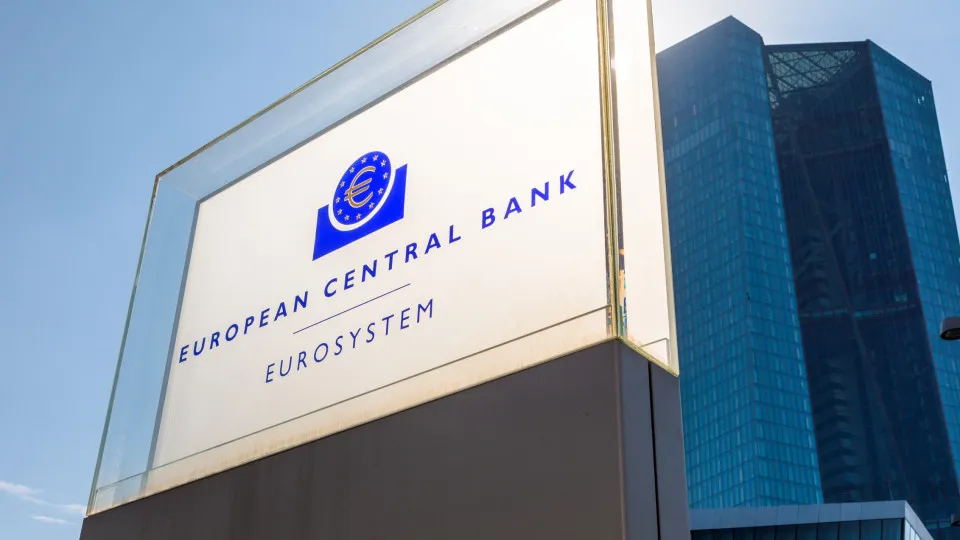
“I am not just talking about governments and parliaments, but also at the level of municipal councils and institutions, [they are] very closed and have not managed, save for rare and honorable exceptions, to open and create spaces for constant dialogue and participation with the population,” noted the author of the book “The City and the Revolution. Urban Struggles in Lisbon 1974-1975” (Tinta da China), now available in bookstores, during a conversation.
Pedro Ramos Pinto, a Professor of Contemporary History at the University of Cambridge, has worked over the past decade on inequalities and social struggles, noticing “a certain distancing, a certain elitism” from those who have led the democratic regime over the last fifty years.
This gap created “a great distrust of the political system and the state system,” which ended up degenerating into “the crisis of democracy we see today,” he noted, pointing to other factors such as “glaring inequalities” and “a feeling of powerlessness about the future.”
In this scenario, the historian suggests an “openness to what people want, their frustrations, their hopes,” moving away from “what party leader x said against party leader y” or “what the prime minister ate for breakfast today.”
“If we could move away from that game and start seriously looking into what people are trying to do daily, how people are trying to live their lives and what their hopes are, I think that would improve our democracy,” he argued.
To achieve this, he suggests, for example, minimizing the “enormous obstacles” to citizen participation, notably the investment required for those who wish to run for elections outside of political parties.
Stressing that he is not “anti-party,” Ramos Pinto observed that “parties, in general, and this is a problem across Europe, have become increasingly closed” and today are “very centralized,” with “fewer and fewer active members” representing the interests of “ever smaller groups.”
Door-to-door — something quite common in the UK, where he has lived for years — “is not just a matter of trying to win votes on that day but also maintaining a close relationship with people.”
The Portuguese political sphere “has lost much of that,” he compared, noting that Chega has been investing in local presence, especially outside major cities.
Countering the proliferation of populist and far-right discourse involves “knowing people” and “building trust at the local level.”
The issue of housing is relevant in this context, he noted, recalling that “frustrations are then channeled and manipulated to attack immigration,” resulting from a “feeling of being driven from one’s own place, seeing who is arriving (…), when, in reality, it is an issue of house prices, real estate speculation, the fact that our city and housing management has faced many problems.”
The book he authored, part of the collection “The 25th of April Seen from Outside,” by the Commemorative Commission of the 50th Anniversary of April 25th, is the result of a study on urban social movements during the revolutionary period.
Focusing on participation in Lisbon, the historian chose housing to analyze how people “rolled up their sleeves to claim rights.”
Politics is about the community, the neighborhood, daily citizenship, he lists, giving as an example, during the revolutionary period, the cooperatives of the state housing construction program SAAL, known to everyone, when the organization movement, of resident committees and local assemblies, “was something much larger,” whose greatest legacy was people coming together in their neighborhoods, intervening in them.
Admitting “a certain frustration” that “much of” the work on the Portuguese revolution is “a story of elites,” from left to right, “very focused on a small group of people,” Ramos Pinto wanted to focus on “an extraordinary moment of popular participation” and try to understand how it was possible.
“In a country where we often talk about historical apathy, traditional atavism, how is it that, suddenly, people are in the streets, are discussing, are doing, are building the future, for better or worse?” he questioned, recalling: “April 25 was an opportunity, but we only have the revolution because there was a whole crescendo of protest, mobilization, organization, at the moment when the captains managed to overthrow the regime.”
Currently, he acknowledges, “there is a compartmentalization of the memory of the revolutionary period,” reducing it to “radical left-wing activists,” when “participation was transversal to Portuguese society and came from the right, the left, the center, people who did not see themselves politically in one group or another, but who participated in the way they wanted and the way they knew and the way they could throughout the process.”
Ramos Pinto says that the history of social movements in Portugal since 1974 shows an increase in mobilization “increasingly disconnected or at least autonomous and independent from parties,” especially in the period already in the 21st century, pointing out the examples of Generation Struggle movements and, currently, the right to housing.
“When people have the opportunity and (…) are given space to speak, people (…) have a quite participatory and democratic instinct,” he trusts.
Using social media and small but visible interventions, housing movements “have been very effective in putting the topic on the daily agenda,” he considers.
“There is a new housing crisis,” albeit with “different outlines” from that experienced in the 1960s-70s, the period his book covers: at present, “shantytowns” on the outskirts of Lisbon “still exist and have become more visible,” but now housing has also become “out of reach for much of the middle class.”




